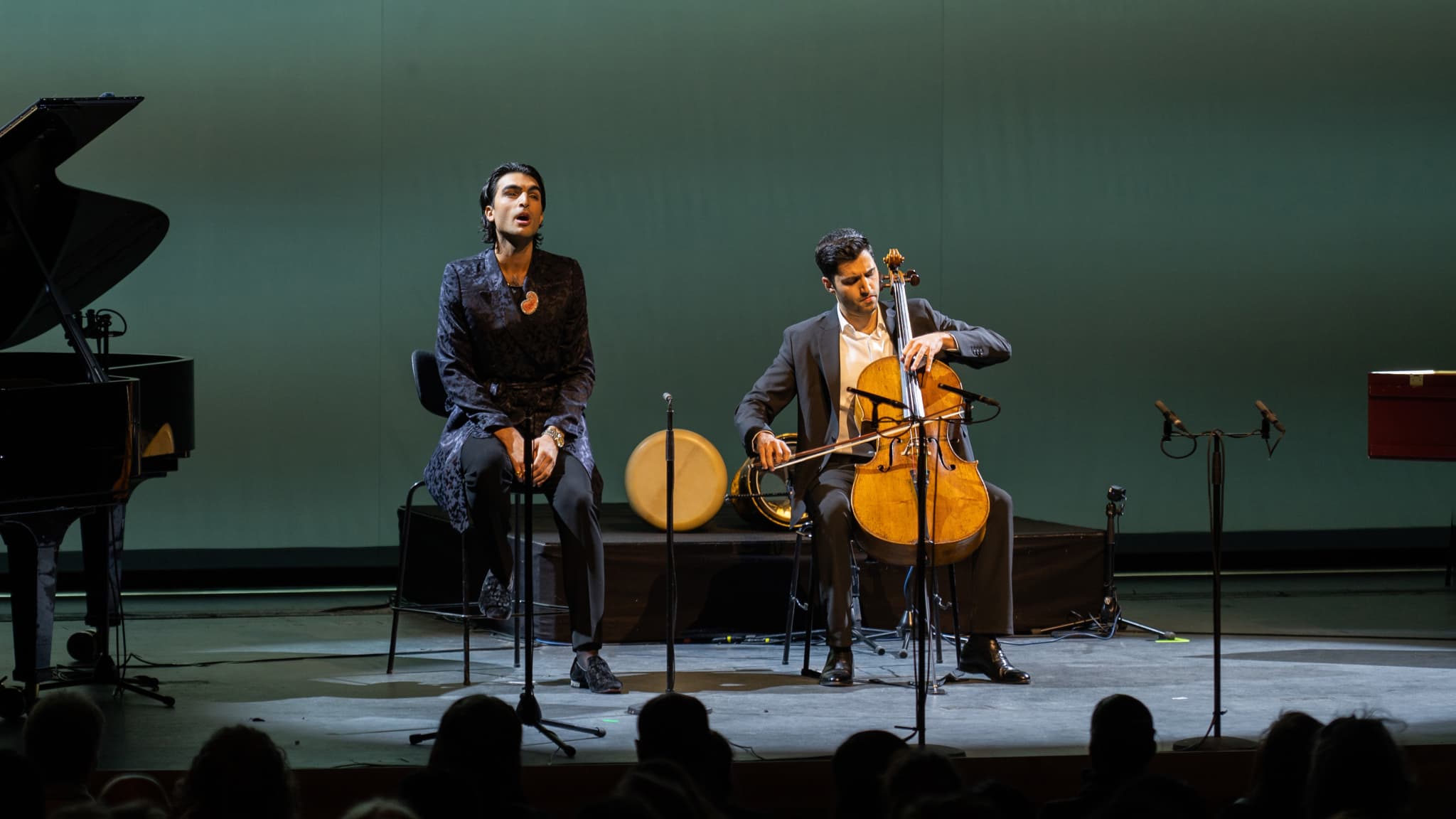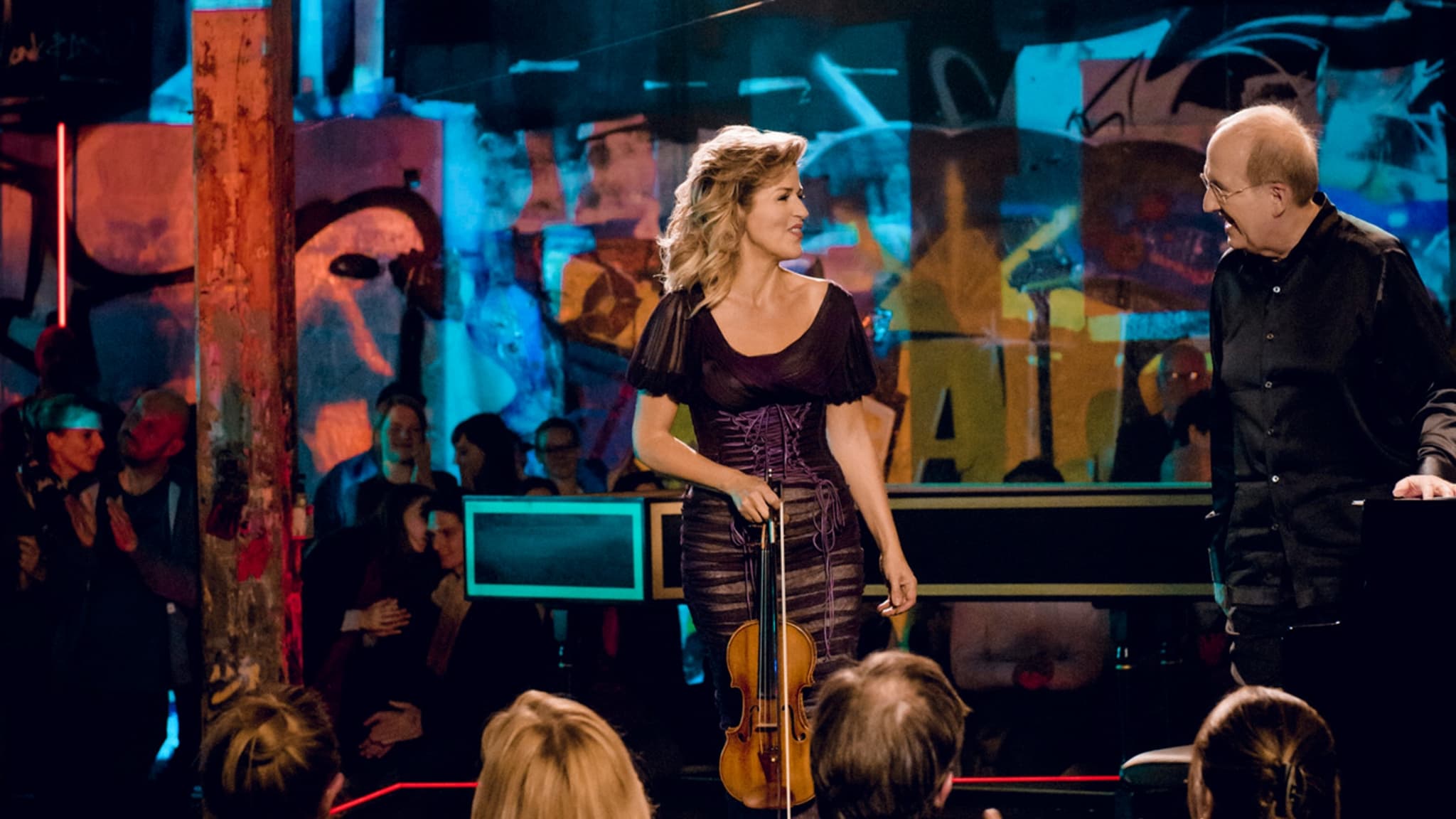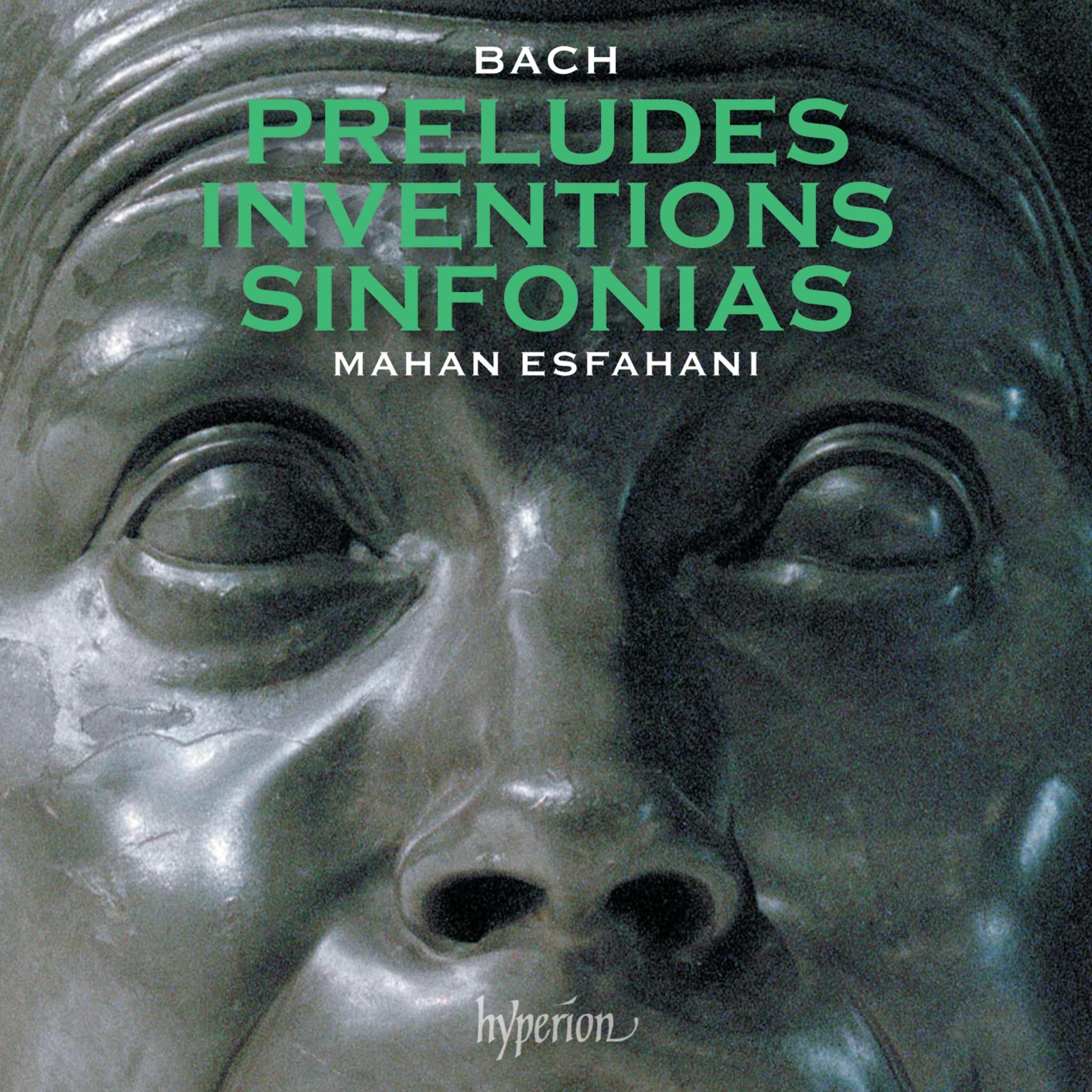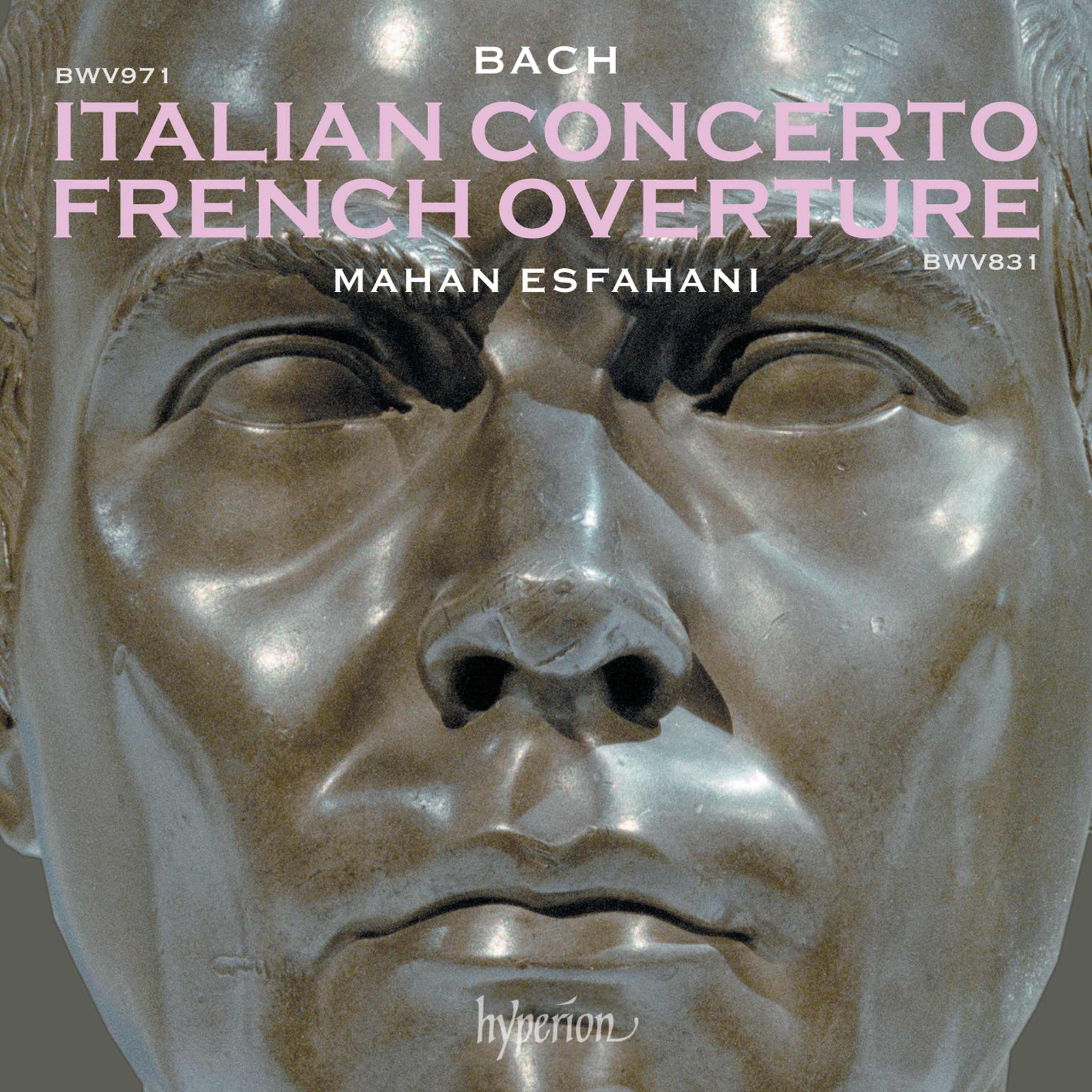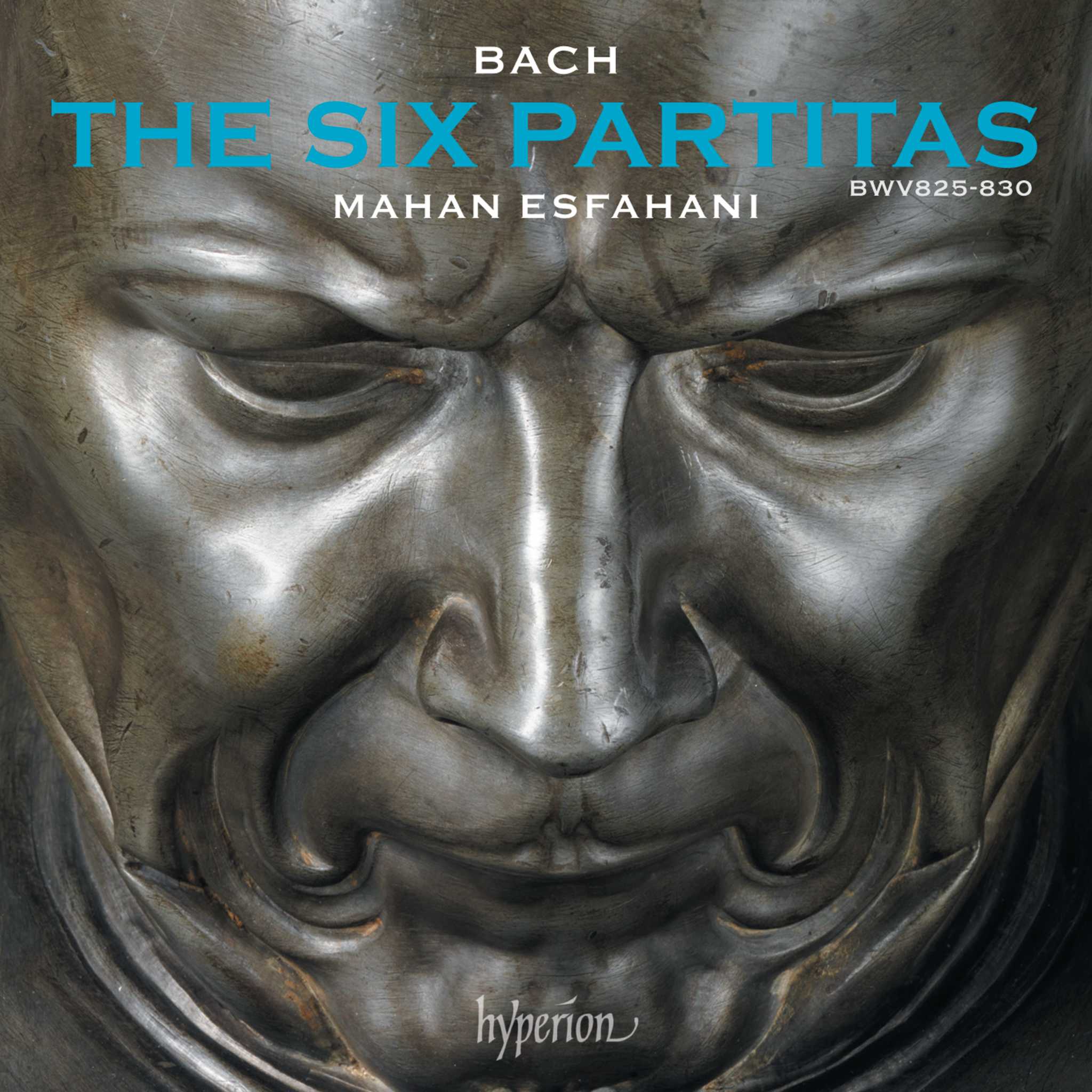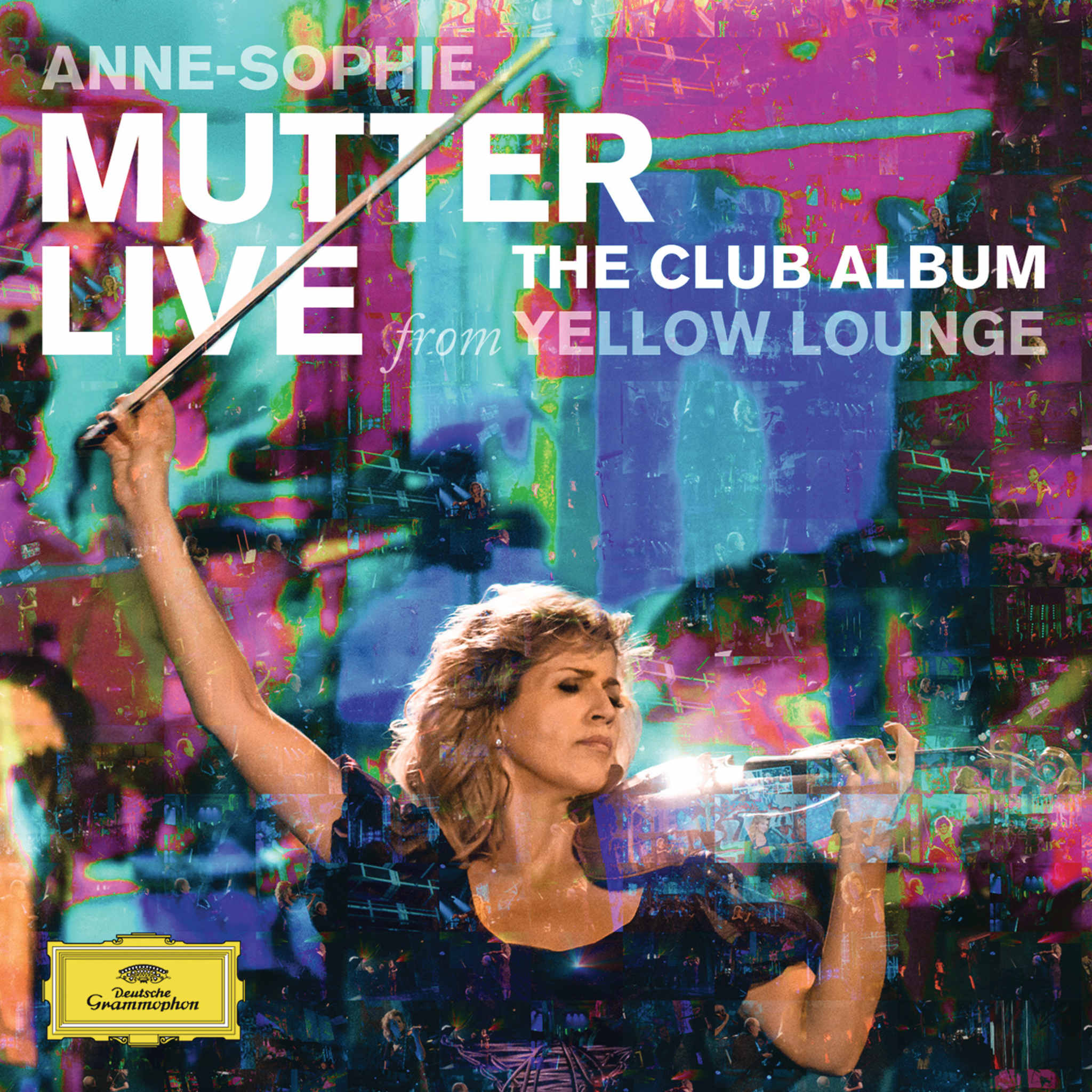Concerts and Operas
Albums
Short Videos
AboutMahan Esfahani

As a young boy of eight, Mahan Esfahani saw a picture in a book of a portly man in a wig and frock coat playing an unusual two-manual musical instrument. It was love at first sight. “Bach seemed so different, so exotic. I had never heard a harpsichord. My father laughed and said it was a dead instrument. But I was hooked.”
Two decades later, the harpsichord is the life's work of this Iranian-American boy – born in Tehran, raised in Washington DC, and now living in London. As one of the world's leading harpsichordists, he is now widely recognized. And at 30, he is also one of the youngest. On May 11, 2015, Esfahani's first recording for Deutsche Grammophon will be released: Time Past and Time Present. Inspired by the poems of T. S. Eliot, this album pays tribute to the harpsichord “as an instrument that spans all eras and styles.” The program includes not only works by Baroque composers of the 17th and 18th centuries (Scarlatti, Bach, Handel), but also by minimalists of the 20th century (Górecki, Reich).
It is the result of a calling that began the day Esfahani, as a small boy, discovered that picture. The next day, he went to the local library to look at harpsichord scores. Then he listened to a cassette.
"When I heard it, I immediately thought: “This is me, this is exactly how I can express myself – this is what I want to play, and in this way.”"
He began collecting cassettes, CDs, and records, listening to everything he could find. At eleven – he was already a good piano and organ player – he first heard a harpsichord live at a performance of Handel's Messiah. He got permission to go on stage and touch the instrument. This experience further fueled his passion.
“I knew that was exactly what I wanted. But I thought I would never have the opportunity.”
His parents – a musician and a painter who had left Iran when Mahan was four years old and were now employed by the US government – had other ideas for their only son. He began studying medicine at Stanford University, but after two weeks switched to law, before switching again, this time to musicology, primarily because the department owned a harpsichord and Professor Emeritus George Houle taught there. Houle became his mentor and encouraged him to pursue a career as a professional harpsichordist.
“I took lessons and spent all my free time in the harpsichord room. I had a key and played all night long. At home, I listened to all the recordings I could find, played them at half speed, made notes in the scores, and watched harpsichordists on YouTube. When harpsichordists came to San Francisco, I took lessons from them, and I spent my holidays taking courses. I was completely obsessed.”
After graduating in 2005, he went to Boston, where he studied daily for two and a half years with Peter Watchorn, the last student of the great Viennese harpsichordist Isolde Ahlgrimm. Esfahani was eager to go to Europe and received a scholarship to study organ with Lorenzo Ghielmi, and he also worked as a répétiteur for opera singers in Florence and Milan. At a recital in Tuscany in 2007, he was invited to participate in the BBC's “New Generation Artists” program. After moving first to Oxford and then to London, he made his solo debut at Wigmore Hall in 2009 and a historic harpsichord solo recital at the BBC Proms in 2011. Esfahani continues to study in Prague with the famous Zuzana Růžičková. She was the first harpsichordist he ever heard – as a child on a Scarlatti cassette – and remains his greatest role model to this day.
“An absolute legend. She taught me what it means to lead a life as an artist, full of dedication and commitment and genuine love for what you do. I truly owe her everything.”
His dedication and commitment are evident in his ascetic lifestyle. Esfahani gets up early and goes to bed late. Tobacco, alcohol, and caffeine are now taboo for him. He spends his days at home in South London practicing, and he reads Russian literature late into the night. He firmly believes that we love classical music for its legacy and should not try to make it fashionable.
“I am very proud to play classical music, and I never apologize for it,” he explains. "But I think people shouldn't feel stupid just because they can't find access. I'm not going to call Bach “buddy” and talk about his 20 children; it's okay to see him as an old man in a wig. People in the 18th century were different, and you don't need to try to make them seem modern. All this stuff about being cool and taking a photo of the audience with your iPhone because it's so hip, and putting it on Twitter – none of that does anything for this music. Many fashions and fads and personal characteristics fade into the background over time, but what is timeless remains – and Bach is timeless. My ultimate goal is for people to hear why this instrument is so overwhelming and why this music is so overwhelming.
And for those who, like his father, believe the harpsichord is a “dead instrument,” Esfahani has an answer: He gives them free tickets.
"I want people to shed their prejudices and, when they leave a concert, say: “You know what – the harpsichord is beautiful.” And they do."
Tim Cooper
2/2015

